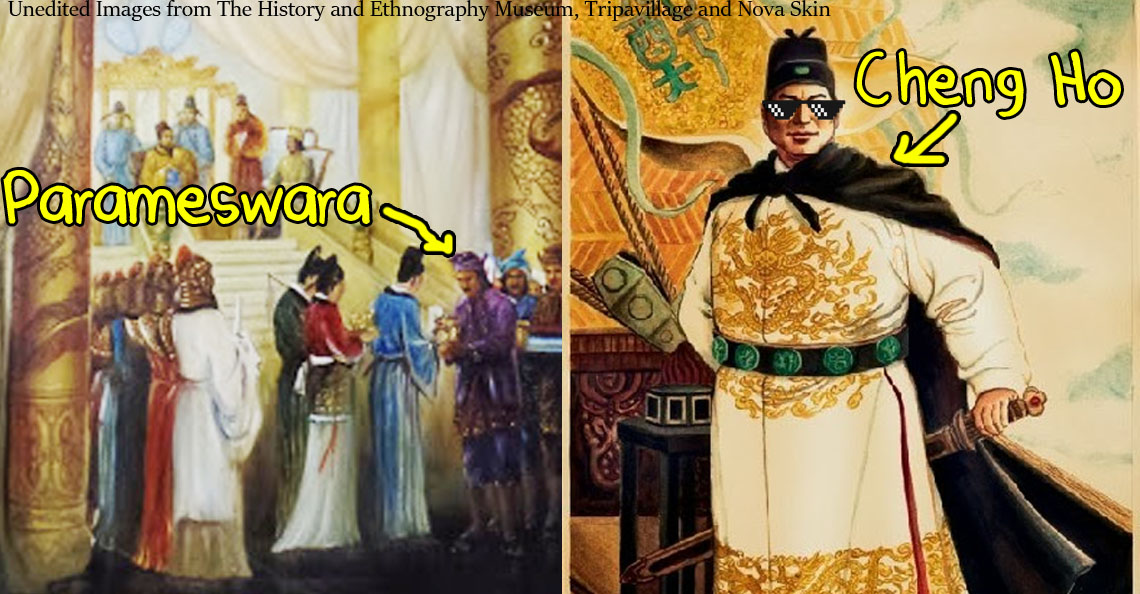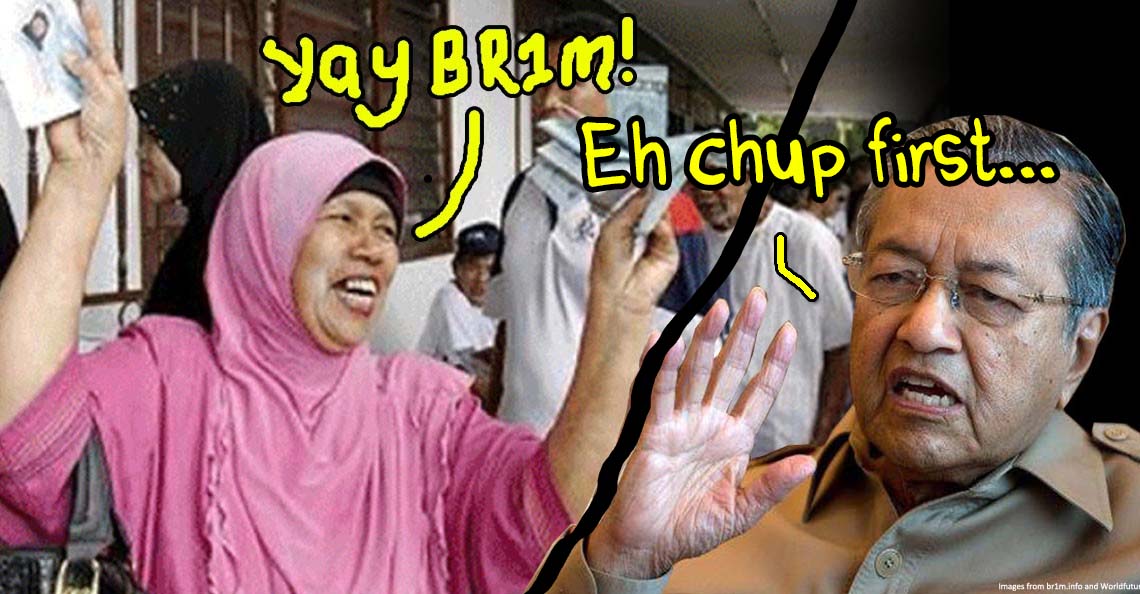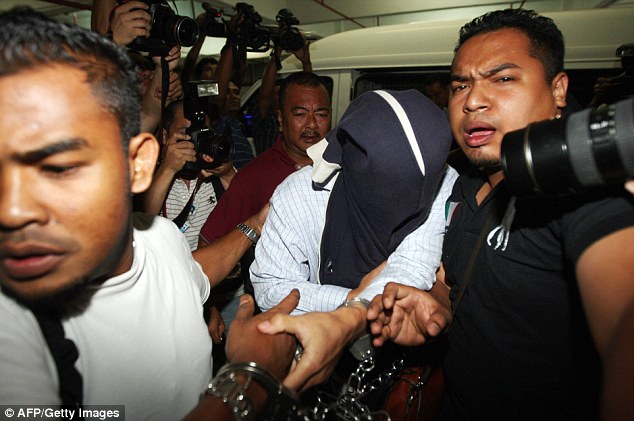How is INTERPOL going after Jho Low – when they’re not allowed to arrest anyone!?

- 633Shares
- Facebook455
- Twitter30
- LinkedIn23
- Email25
- WhatsApp100
[Trivia: That mak cik in the featured image is actually Michelle Yeoh, back when she portrayed an Interpol agent hunting down criminals in Malaysia in Police Story 3: Super Cop.]
If you’re reading this, we probably don’t need to introduce who Jho Low is. There has been a lot of talk about this 1MBD-linked businessman playboy recently, and a lot of it has something to do with tracking him down and bringing him back to Malaysia so that our justice system can do something to him.

The most recent development (at the time of writing) is that both Low Taek Jho (that’s his full name) and Low Hock Peng (his father) are facing nine charges for money laundering and terrorism funding, and the Royal Malaysian Police (PDRM) had managed to get arrest warrants for both of them.
But still, arrest warrants only work if they are within Malaysia, and you can bet that they won’t be coming back if they can help it… which is why the PDRM is applying for Red Notices from Interpol to catch these two. Whoah, that sounds pretty serious, no?
The Interpol can’t technically arrest anyone, but they can do something else

If you’ve watched movies like Now You See Me or Hitman, you might imagine an adrenaline-fueled car chase in Hong Kong where Jho Low tries to outrun Interpol agents in his Maserati before finally driving off the Hong Kong pier and being rescued by a helicopter in the nick of time… but in reality, it will be way less Michael Bay.
Unlike the media’s depiction of them, the Interpol is essentially just a network of police across 192 countries that works together to beat international crimes, mainly by sharing information and coordinating the police in different countries. Their agents don’t really have the power to arrest as Interpol, but they have a presence in each member country through specialized departments of the local police called the National Center Bureaus (NCBs). Malaysia’s NCB is part of the PDRM’s Criminal Investigation Department, and is directly under the command of the IGP.
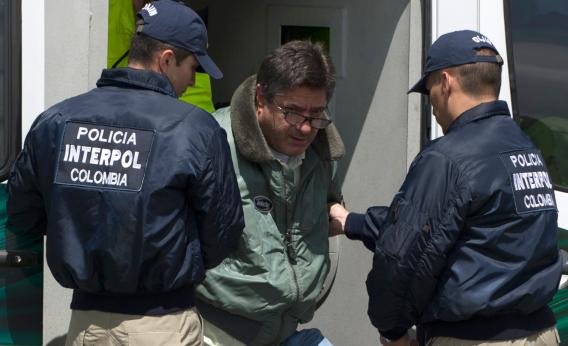
In short, the Interpol is not really a global law enforcement agency that goes around busting crime, but it’s more of an agency that helps the police forces of member countries work together to stop crime. One way they do that is by issuing special notices with different colors that act as an alert to member countries about several things, including missing persons (Yellow), unidentified bodies (Black), threats to public safety (Orange) and of interest in this article, wanted persons (Red).
To get the Interpol to issue a Red Notice for someone, the police in the country had to first get an arrest warrant (or any legal document that shows that this person is wanted for crime) and compile relevant details for that person, then ask for a Red Notice through the country’s NCB. If the application passes the compliance check, the Interpol’s General Secretariat will publish the notice, and the police in all member countries are then alerted to that person.
Once the Interpol issues Red Notices for Jho Low and his father, it might seem that they won’t have anywhere else to run to. However…
Can a Red Notice alone really bring Jho Low home?
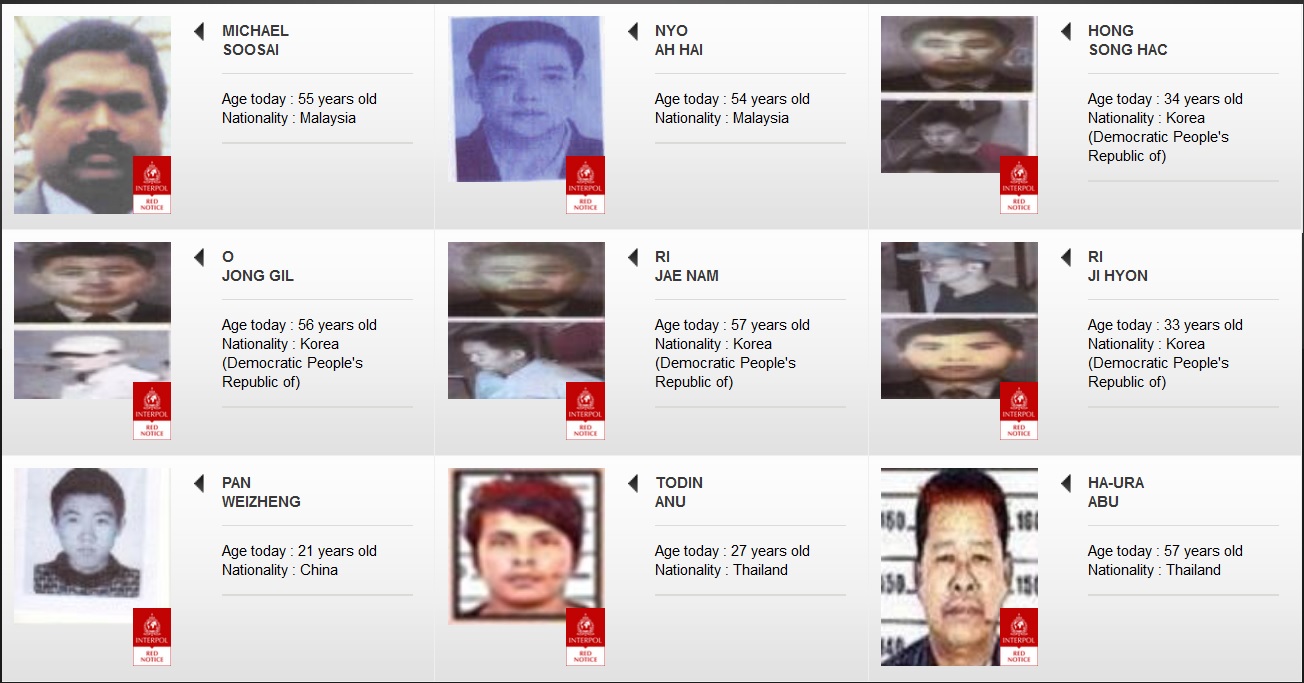
At the time of writing, there are 51 records of people with Red Notices wanted by the Malaysian government available for public viewing, and a few of them had been posted for over a decade. Perhaps the most famous of them is Sirul Azhar, charged with murdering Altantuya. Sirul has a death sentence hanging over him, and we know that he’s in Australia, another Interpol member.
However, although we have an extradition treaty with Australia (a deal to send back criminals between countries), Australian law prevents the extradition of people with a death sentence, so they’re still working it out. Moving suspected criminals across countries can get a bit tricky that way. In Jho Low‘s case, he is believed to be hiding in either Taiwan or China, with the former being more problematic.
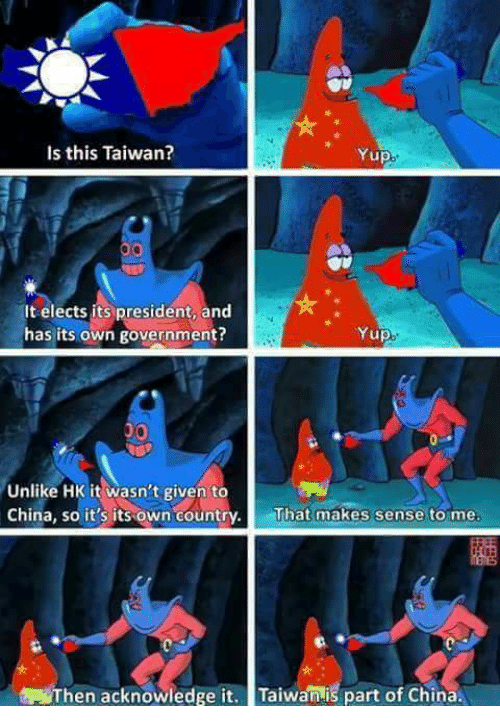
Malaysia has neither an extradition treaty nor diplomatic relations with Taiwan (since 1974), and Taiwan is not an Interpol member. It’s still possible to get Jho Low back from Taiwan, but the process will be tedious and up to Taiwan’s discretion. However, Malaysia does have a Mutual Legal Assistance (MLA) treaty with China, and some experts believe that there’s where Jho Low is.
“Jho Low may take advantage of the current relationship between Malaysia and China following the cancellation of several mega projects. It is believed… he has a millionaire grandfather in China… when it comes to Interpol’s Red Notice, powerful countries such as China and Russia may sometimes ignore the notice as Interpol cannot compel any member country to arrest an individual,” – Azmi Hassan, geostrategist, to NST.
Yep, the Red Notice can actually be ignored, as it’s up to every country to decide what legal significance to give to Red Notices. Interpol cannot compel any of its member countries to arrest and extradite people with Red Notices. At this point, it might sound like a Red Notice is worth peanuts, but…
Red Notices can be pretty terrifying, especially in the wrong hands

While everything we said in the previous header might make Red Notices seem like nothing more than flyers for wanted persons, they can actually be a pretty scary weapon in the wrong hands. A Red Notice gives high, international visibility to wanted people, so when the authorities in each member country knows that a person has a Red notice, they might share critical information regarding the person, and even tell border officials to flag him or her, making travel difficult. A Red Notice may even cause a person’s international bank accounts to be closed.
Put simply, having a Red Notice is like walking into a neighborhood filled with chatty aunties while wearing a revealing outfit: people you don’t know will be all up in your business, and it will be hard to move around. While the choice to ignore Red Notices will still be there, most Interpol members practically see them as valid arrest warrants, and worth doing something about. Awareness can be a powerful tool in fighting crime, but sadly, that tool can be abused.

In the past, there had been many cases of governments with dubious human rights records using the Red Notice to get at political opponents, leading to dissidents and activists getting caught while traveling and spending time in foreign prisons while they try to fight off extradition, or worse, be extradited and persecuted.
“It’s not like fighting a criminal charge. A Red Notice can be even more effective than the judicial system — with none of the safeguards … It doesn’t prosecute you; it persecutes you.” – Kyle Parker, U.S. Helsinki Commission, as reported by International Consortium of Investigative Journalists.
The power to make this possible lies with Interpol, which claims to be independent of any political influence from any country. Worryingly, Interpol had been accused of corruption before, and some had said that it’s impossible to know how often Interpol’s Red Notices have been used for political reasons, due to Interpol’s nature of not being transparent (it doesn’t have to share data with anyone, in the name of protecting sensitive information). However, Interpol in general is forbidden by Article 3 of its Constitution to get involved in cases that are political, racial, religious or concerning a nation’s military, so checks are done before a Red Notice is issued.

A close example would be the case of blogger Raja Petra Kamaruddin, whom the Malaysian government once tried to get a Red Notice for. The attempt failed, as he was seen as a ‘political fugitive’ rather than a hard-core criminal. If Jho Low can somehow persuade people that he is a political fugitive too, even with the charges against him, there’s a chance that he won’t be given a Red Notice. Even if he is given one, there are still plenty of things he can do, like overturning it or delaying the extradition.
With all these, one might wonder…
Is it really that easy to run from justice?
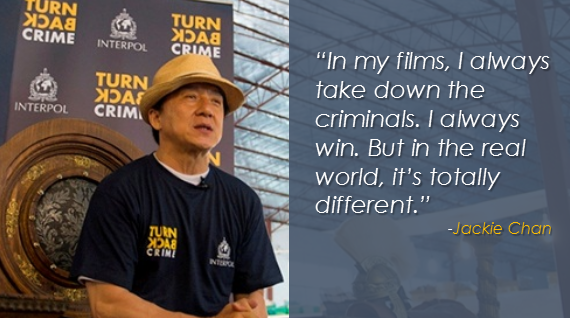
Perhaps not many will remember or notice, but back in 2016 Singapore had already requested (and got) Red Notices for both Jho Low and Tan Kim Loong, one of his business associates. However, we can’t confirm this on the public Interpol website as the notices weren’t there. Anyway, even with a possible Red Notice and the former Malaysian government hunting him, he managed to cross Macau’s borders on his way in, and probably out as well. This was said to be possible because there were no formal requests to arrest him, but still, this begs the question: how hard is it to catch a person overseas?
Judging by the number of Malaysian Red Notices, probably quite hard. Some of them are so obscure that nothing can be found about them in the news. The whereabouts of others, like Sirul and Michael Soosai, are known, but certain conditions prevent them from being extradited at the moment. We can’t find more recent data, but in 2002 Interpol issued about 1,300 new Red Notices and about 7,450 Diffusions (like Red Notices, but less formal), bringing the total to around 30,000 Red Notices and Diffusions in circulation then. In contrast, in that year 1,200 people were arrested because of those notices.

As you can see up until now, even with a Red Notice, it might still be quite hard to bring Jho Low back, due to the red tape surrounding different processes among different countries as well as the delicate relations between them. Unless we have renegade Malaysian cops going all Die Hard on all these people, it seems that there will still be a long road ahead for the Malaysian government in the Jho Low saga.
- 633Shares
- Facebook455
- Twitter30
- LinkedIn23
- Email25
- WhatsApp100

